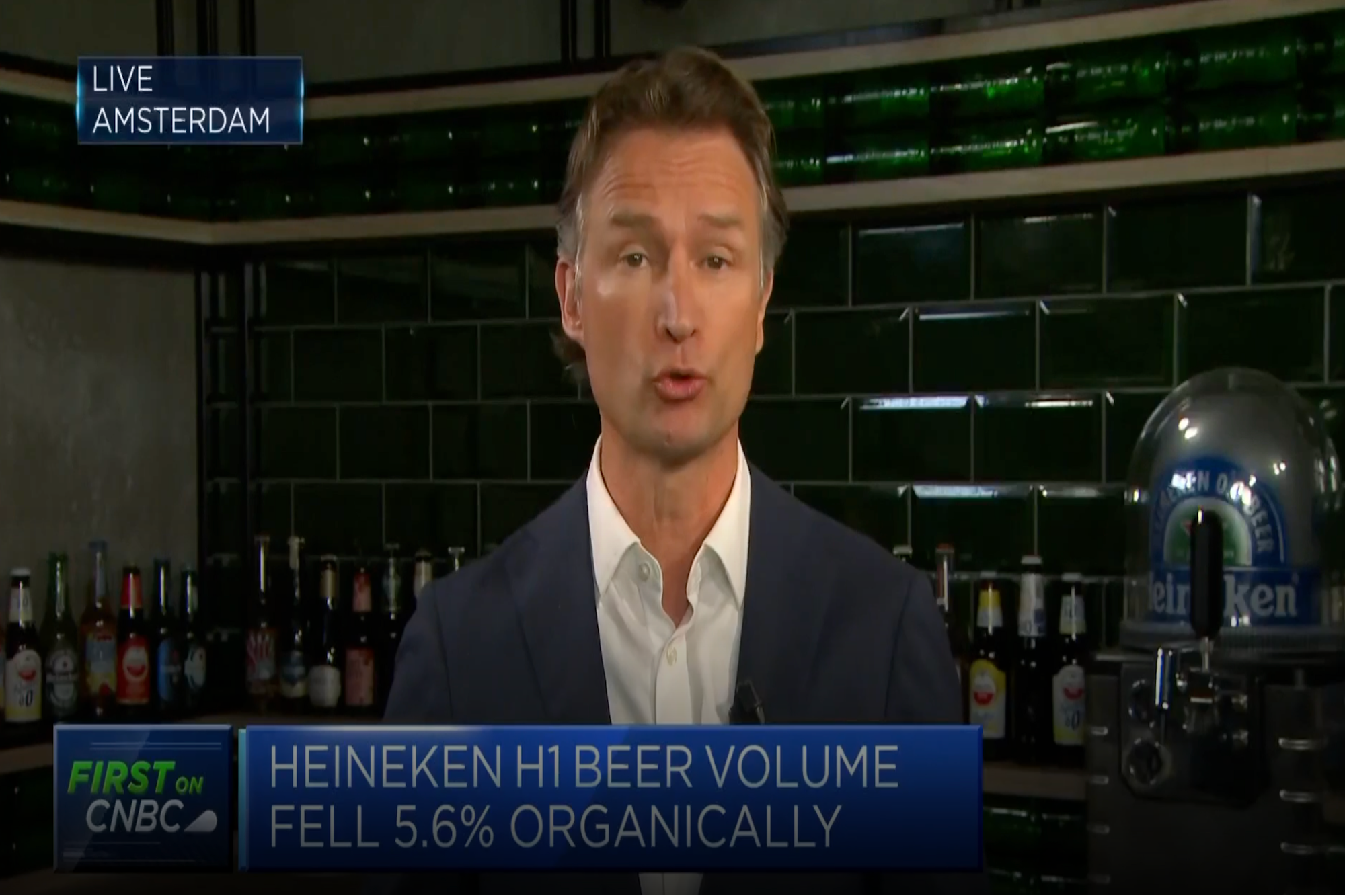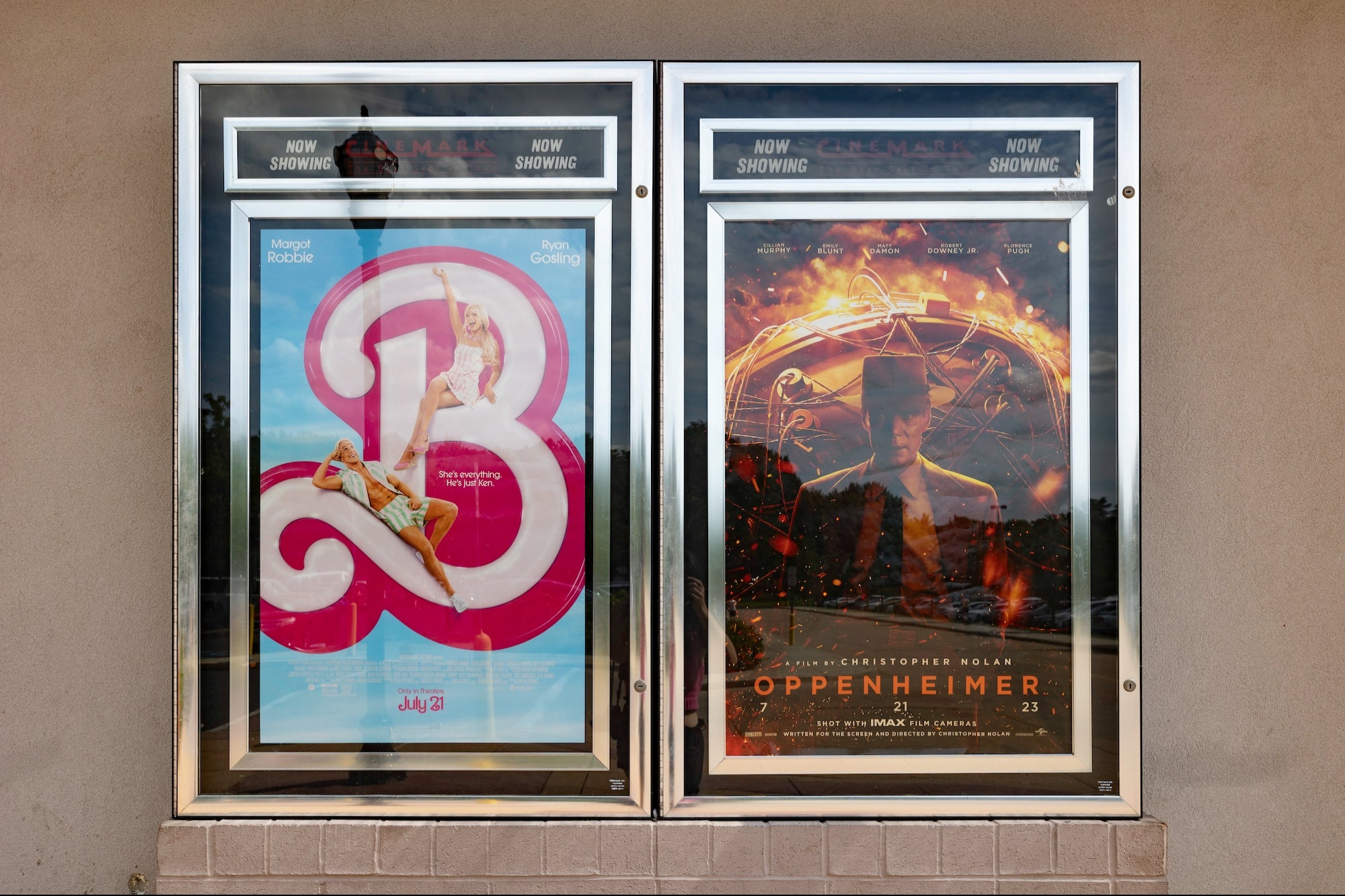MINISO's Miyake Junya Talks about Expansion & Brand JourneyIn an interaction, MINISO's Co-founder and Chief Designer Miyake Junya shares the brand's philosophy, vision and expansion plans
ByPooja Singh•
Opinions expressed by Entrepreneur contributors are their own.
You're reading Entrepreneur Asia Pacific, an international franchise of Entrepreneur Media.

Miniso, which has a presence in over 70 countries, is on an expansion spree. The Japanese designer and lifestyle brand, known for its quality products within an affordable price range, has forged an empire of over 2,600 stores worldwide through self-owned stores and franchises. It plans to open 800 stores in India by 2020. Launched in 2013, the brand philosophy of "simplicity, nature and good quality', has seen a growth rate of 80-100 stores per year. To achieve these goals, MINISO has received multiple investments through a series of funding, with the recent one in October 2018 by Tencent Holdings of USD 147 million in Series A funding.
In an interaction, MINISO's Co-founder and Chief Designer Miyake Junya shares the brand's philosophy, vision and expansion plans.
What was the inspiration behind MINISO?
MINISO was founded by me and young Chinese entrepreneur Ye Guofu at the end of 2013. At that time, major financial markets such as Japan, Europe and the US were in economic downturn. Consumers generally wanted to buy products with good quality but low price, and aesthetic pursuit was more inclined to minimalism. In order to meet the new consumer demand and fill the gap in the market, MINISO was born.
How did you meet Ye Guofu?
We met in 2013 through a friend's introduction. At that time, Ye was doing market research in Japan, Europe and the US, etc, and needed business opportunities for his second venture. We got to know each other and hit it off immediately. Ye has a deep understanding of the retail market and strong execution ability. We have complementary advantages in many aspects and cooperate smoothly. That's how MINISO exists.
什么是你r initial goals while starting out?
MINISO focuses on consumer products with life aesthetics. It wins the favour of consumers and the market through extremely good product design, high cost performance and comfortable shopping experience, delivering the concept of "quality life' to the masses. We want to convey that their happiness is not expensive.
How do you ensure that your products conform to a certain aesthetic while maintaining the price?
Through precise selection, bulk procurement and improvement of supply chain, MINISO reduces cost to the largest extent, thus ensuring the product price advantage. The key for ensuring the beauty of products is design. You can find that all products at MINISO are good-looking, and many of them even won internationally-renowned design awards such as German iF design award and Red Dot Award. It is because MINISO attaches great importance to product design and invests more than RMB 100 million every year on product design.
The brand not only cooperates with excellent designers and teams from all over the world but also actively incubates young creative designs with some excellent universities and institutions. Last year, it also established its own original design research institute MOD. Therefore, MINISO can continuously produce good products with good-looking appearance, high quality and high cost performance for consumers.
When do you plan to take the products online?
MINISO has launched its own e-commerce platform in many countries. For example, in China, we developed our own e-commerce app, and cooperated with Jingdong and Tmall, the largest local e-commerce platforms, to open a MINISO flagship store online. I believe there will be some diversification in other markets like India in the future, but not just in offline channels.
Is there a great deal of localization at your international stores?
MINISO makes great efforts in "localization'. For example, we will adjust the product categories according to the consumption preferences of local people. In India, where perfumes, cosmetics and tableware are selling well, we will increase the display proportion of those products correspondingly. In addition, in order to improve the service, MINISO also follows the principle of "localization' in personnel recruitment. Basically, more than 90 per cent employees are recruited from local areas.
From clothes to stationery and kitchen items, MINISO has covered everything. How did you decide and curate such an enormous number of products?
MINISO has over 3000 SKUs (stock keeping units) with a fast speed of product change. There will be confusion in product development and inventory management in some cases. To solve this problem and maximize efficiency, MINISO decided to apply technological means to achieve information-based management. In 2018, we cooperated with IBM and SAP to create a new enterprise management.












